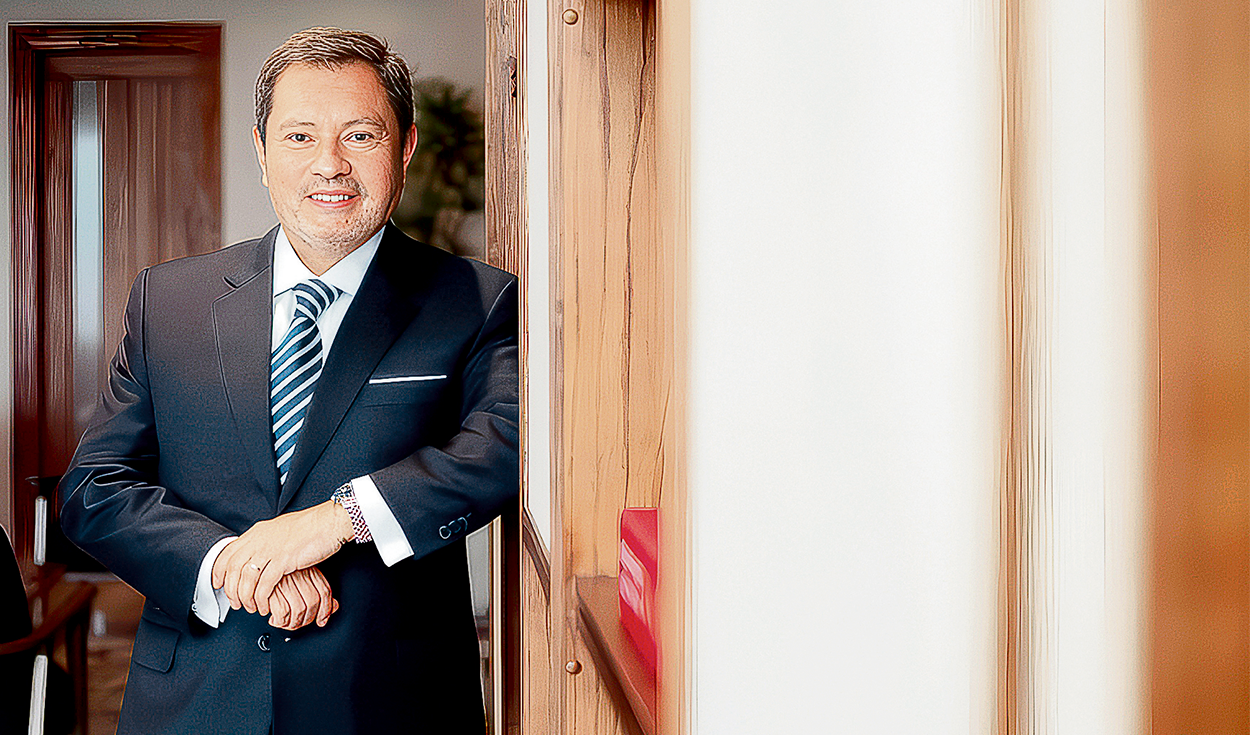
For the president of EuroCámaras—a union of Peruvian and European companies—, Raúl Alta Torrealthough Peru maintains a fruitful commercial interaction with the old continent as a result of the FTA, the exchange can be optimized by prioritizing productions that meet certain social and ethical standards.
—How is the trade relationship between Peru and the EU going?
—It is solid and has grown stronger over the years.. The Free Trade Agreement (FTA) between the two has allowed the elimination of tariffs and trade barriers on a variety of products, preferential access to respective markets, which has led to an increase in the export and import of goods and services.
—Which sectors have the potential to grow in 2024?
—Growing depends on various factors, such as changes in market demand, political climate, global events and economic conditions. However, some sectors that have traditionally shown growth potential include agricultural products, as European consumers value quality and sustainability; fishing and aquaculture; textiles and clothing; shipments of minerals such as copper, and value-added products, such as gourmet foods or products manufactured with a sustainable approach, could find niches in the European market.
—How to best take advantage of the benefits of the FTA?
—It is crucial that companies ensure that products meet the origin requirements specified in the FTA. Sustainability and social responsibility are increasingly important in the decision-making of European consumers. Demonstrating sustainable and ethical practices in production and the supply chain improves the perception of Peruvian products. Also staying up to date on changes in trade policies, following market trends and adapting nimbly to changing conditions is key.
—Does the problem of double taxation continue?
—We recognize Peru’s efforts to generate an attractive context for foreign investment. However, it has not placed the same emphasis on promoting agreements that avoid double taxation (CDI). Peru has signed 8 agreements and only 1 of them with an EU member country, Portugal. This situation contrasts with other countries in the region, where Chile has 25 CDIs in force, Argentina 22, Brazil 34, Colombia 15 and Mexico 25.
—And on the other hand there are delays in the delivery of health records for medicines…
—Administrative delays remain in obtaining health records for medicines and health devices. Issuance and renewal can take more than 2 years, and access to the Peruvian market can take 10 to 18 years. These delays are more critical in the cases of innovative molecules and high-tech medical devices, as they require greater capabilities from the health authority for their evaluation. This situation that negatively impacts the health of the population which is associated with public health coverage schemes.
Source: Larepublica
Alia is a professional author and journalist, working at 247 news agency. She writes on various topics from economy news to general interest pieces, providing readers with relevant and informative content. With years of experience, she brings a unique perspective and in-depth analysis to her work.











